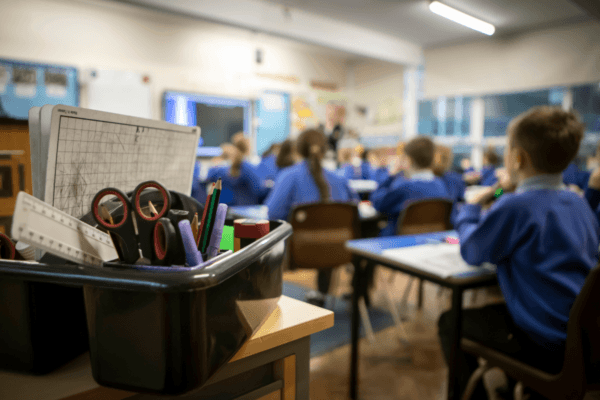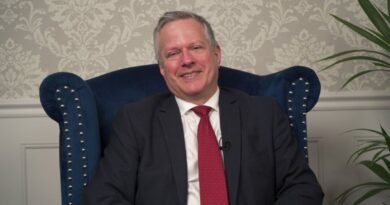Members of the House of Lords oppose ending tax relief for private schools, arguing that it would negatively affect students with special educational needs and disabilities.
Baroness Diana Barran emphasized that she stands firm in her belief “that the long-standing tradition that education should be free from taxation should be upheld.”
The House of Lords rejected the proposal to eliminate tax relief for private schools in England, citing concerns about how it would affect students with special education needs and disabilities (SEND).
The Labour government had suggested discontinuing the 80 percent discount on business rates for private schools registered as charities, with the change scheduled to take effect from April 1, 2025.
The amendment was introduced by shadow education minister Baroness Diana Barran and Liberal Democrat peer Lord Michael Storey.
Presenting the amendment, Barran stated, “We do not believe that the long-standing tradition that education should be free from taxation should be broken.”
“It is evident that the government disagrees with us, as seen with the introduction of VAT on private school fees and now with the proposed change in this bill,” she added.
100,000 Pupils Without EHCPs
There are 2,444 private schools in England, with 1,139 being charities. The government estimates that a total of 1,040 private schools will lose business rates charitable relief—representing 43 percent of all private schools and 91 percent of those registered as charities.
Lord Kevin Shinkwin, who lives with the genetic condition osteogenesis imperfecta—also known as brittle bone disease—highlighted that excluding Clause 5 from the bill “is essential to safeguard all SEND students attending private schools, similar to those I attended, that have a lower percentage of children with SEND than 50%.”
The Conservative peer pointed out that nearly 100,000 students in private schools receive SEND support without EHCPs.
SEND Children ‘Expendable’
Shinkwin expressed, “Unfortunately, these children’s life chances appear to be considered expendable by the government.
“They are viewed as immaterial, inconsequential, collateral damage, casualties of what seems to be an ideological fixation on penalizing anyone deemed wealthy,” he continued.

File photo of school children during class at a primary school in Yorkshire, England, on Nov. 27, 2019. Danny Lawson/PA Wire
The peer described the proposals as “extremely detrimental and completely disproportionate,” echoing the sentiments of other colleagues in the House of Lords who argued that these measures will not significantly raise revenue to cover public education expenses.
Instead, he stated, “it will harm schools and particularly students with SEND who, like me, come from modest backgrounds. Their futures will be severely impacted by this implementation.”
Funding Needs to Be Paid For
Responding on behalf of the government, Lord Wajid Khan of Burnley reiterated that schools exclusively catering to EHCP students would be exempt under the bill’s carve-out.
Khan mentioned that Labour vowed to enhance school standards in its manifesto, with the government committed to removing VAT and business rates charitable relief for private schools as part of that effort to generate revenue for education and youth programs.
In the budget, there was an increase in per-pupil funding, with a £2.3 billion boost to the core schools budget, including nearly £1 billion extra for high-needs funding.
“This additional funding needs to be accounted for,” the minister explained, noting that ending tax relief and introducing VAT together will generate approximately £1.8 billion annually by 2029/30.





